In July, the Home Office issued new Country Information and Guidance for the Democratic Republic of Congo (DRC).
Home Office Country Information and Guidance
Country Information and Guidance documents are, according to the Home Office guidance to Home Office decision makers on handling claims from nationals who claim to fear mistreatment on return [to their country of origin]. The documents contain information about the situation in that country and reference to relevant case law, as well as guidance about whether claims are likely to justify the granting of asylum, humanitarian protection or discretionary leave.
The Home Office’s selective use and unique interpretation of country of origin information (COI) has long been criticised. Evidence given by legal and asylum experts to the 2014 Home Affairs Select Committee on Asylum highlighted inconsistencies in Home Office guidance and country of origin information, and selective use of information in order to support the case for refusing asylum. This evidence echoes issues raised in the 2011 Independent Chief Inspector of UKBA’s report.
DRC country guidance case: BM and Others
The latest Home Office information and guidance is in response to the disappointing Upper-Tier Tribunal judgment on the DRC country guidance case on whether someone returned to the DRC (voluntarily or by force) is at risk of mistreatment or harm by virtue of having claimed asylum in the UK and/or having been convicted of an offence in the UK.
The case is called BM and Others (returnees – criminal and non-criminal) DRC CG [2015] UKUT 293 (IAC). Read our previous blog post on decoding case law references!
You can read the full judgment here. The case was heard in March and April 2015, and the decision made public in June.
The Upper-tier Tribunal ruled that
1. A national of the Democratic Republic of Congo (“DRC”) who has acquired the status of foreign national offender in the United Kingdom is not, simply by virtue of such status, exposed to a real risk of persecution or serious harm or treatment proscribed by Article 3 ECHR in the event of enforced return to the DRC.
2. A national of the DRC whose attempts to acquire refugee status in the United Kingdom have been unsuccessful is not, without more, exposed to a real risk of persecution or serious harm or proscribed treatment contrary to Article 3 ECHR in the event of enforced return to DRC.
3. A national of the DRC who has a significant and visible profile within APARECO (UK) is, in the event of returning to his country of origin, at real risk of persecution for a Convention reason or serious harm or treatment proscribed by Article 3 ECHR by virtue of falling within one of the risk categories identified by the Upper Tribunal in MM (UDPS Members – Risk on Return) Democratic Republic of Congo CG [2007] UKAIT 00023. Those belonging to this category include persons who are, or are perceived to be, leaders, office bearers or spokespersons. As a general rule, mere rank and file members are unlikely to fall within this category. However, each case will be fact sensitive, with particular attention directed to the likely knowledge and perceptions of DRC state agents.
4. The DRC authorities have an interest in certain types of convicted or suspected offenders, namely those who have unexecuted prison sentences in the DRC or in respect of whom there are unexecuted arrest warrants in the DRC or who allegedly committed an offence, such as document fraud, when departing the DRC. Such persons are at real risk of imprisonment for lengthy periods and, hence, of treatment proscribed by Article 3 ECHR.
An explanation
Points 1 and 2 of these headlines of the judgment are saying that if you are from the DRC, you are not at risk on return just because you have been convicted of a criminal offence in the UK or you have applied for asylum in the UK and been refused.
There may be other factors that put you at risk, but being a ‘foreign national offender’ from the DRC, or a refused asylum seeker, does not in itself mean you need protection in the UK.
The ruling refers to a risk of persecution (which you need to demonstrate in order to be granted refugee status), or treatment contrary to Article 3 of the European Convention on Human Rights. Article 3 of the European Convention on Human Rights (which is part of UK law under the Human Rights Act) says that ‘No one shall be subjected to torture or inhuman or degrading treatment or punishment’.
Previous case law has found that people at risk in the DRC could be detained for long periods and in appalling conditions on their return, in breach of Article 3. The lawyers for BM and Others (the appellants) were arguing that both foreign national offenders and refused asylum seekers would be subject to those conditions if returned to DRC.
The judgment found that people with a “significant and visible profile within APARECO (UK)”, including people who are or perceived to be leaders, office bearers or spokespersons, are at real risk of persecution or serious harm. It states “rank and file members are unlikely to fall within this category”, so are not clearly at risk, but each case should be treated individually. It is also important to remember that it is not necessarily someone’s actual position with in Apareco that matters – if the authorities in the DRC believe someone to be of significance, that could put them at risk.
Apareco is the Alliance des Patriotes pour la Refondation de Congo (Congolese Resistance Alliance of Patriots for the Refoundation of the Congo). Apareco is a political opposition organisation.
At point 4, the judgment finds that some people who have criminally offended or are suspected of offending in the DRC (as opposed to those at risk of return after a criminal conviction in the UK, covered in point 1) are at risk of treatment breaching Article 3 if returned.
Home Office guidance on the judgment
The Home Office say in their guidance, in response to point 4, that
Decision makers will therefore need to determine whether a person is of interest to the authorities for criminal activity in the DRC. The onus will be on the person to demonstrate that they are of interest to the authorities, including with relevant documentary evidence.
Importantly, the guidance also suggests that many asylum applications from people from the DRC are likely to be ‘certified‘:
Given the absence of substantiated evidence of mistreatment or harm on return, where a claim falls to be refused (and the fear is based on being a FAS [‘”failed asylum seeker”] and/or FNO [“foreign national offender”]) it is likely to be certifiable as ‘clearly unfounded’ under section 94 of the Nationality, Immigration and Asylum Act 2002.
This means you do not have the right to appeal a refusal of your asylum case in the UK. The decision to certify can be challenged by judicial review.

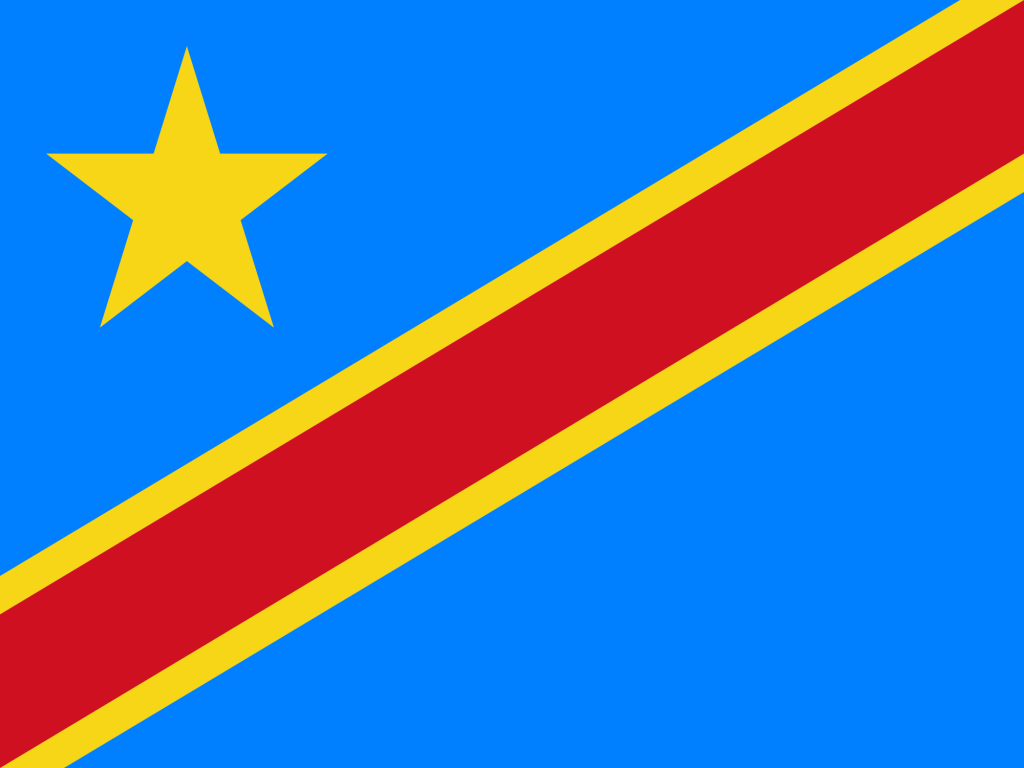
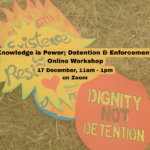


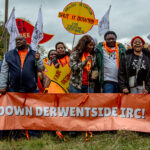




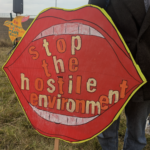

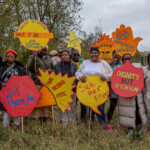
Discussion: